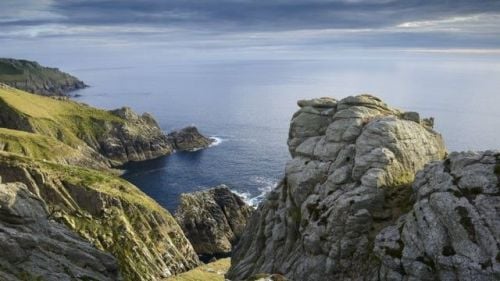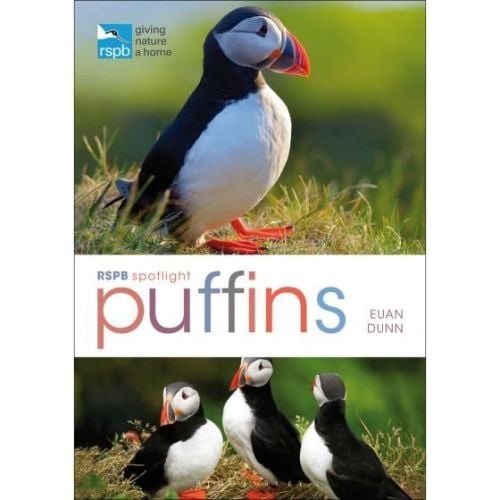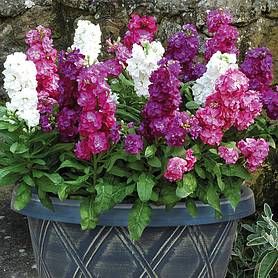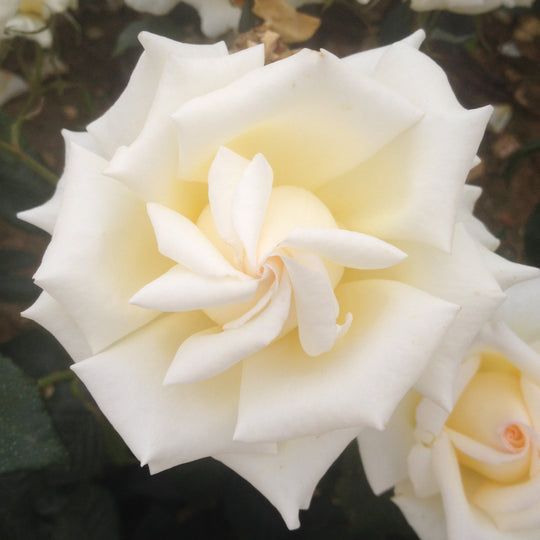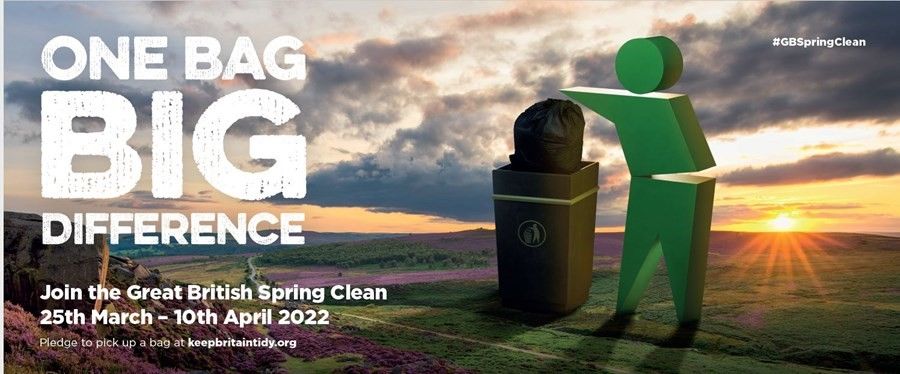Sunday 8th May 2022 - Don’t Miss “Eden: Untamed Planet”
Posted on
“Eden: Untamed Planet” is a new series which looks at the secrets of the few regions that are isolated from the rest of the world and have been largely protected from human interference. As the programme’s webpage says, life exists as nature intended.
The series skicks off in Borneo, home to 60,000 species of plants and animals and is very biodiverse indeed. Watch out for proboscis monkeys, orangutan babies, caterpillars and a lot more!
The programme warns that orangutans have lost 80% of their habitats in the last two decades – their numbers have dropped hugely.
Please visit our page listing orangutan charities to see how you can help and please watch the series. There are six programmes and I will put up information about ways to help along the way.
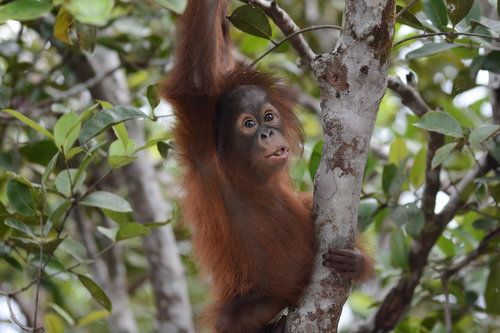
Find out how you can help orangutans with the Orangutan Foundation
Swing over to their website here
Image ©Orangutan Foundation
Please also take a look at the Bornean Sun Bear Rescue Conservation Centre which is a is a sun bear rescue and rehabilitation facility being developed in Sabah, Malaysian Borneo.
The episodes of "Eden: Untamed Planet" cover:
- Borneo: Sacred Forest - home to 60,000 plants and animals, of which 10% are unique. More species are discovered every day.
- The Namib: Skeleton Coast and Beyond which covers the world's oldest desert
- Desert Lion Conservation gathers data on the desert lions in the area, undertakes research and collaborates with the government and agencies to further lion conservation and reduce human-lion conflict
- Giraffe Conservation works to conserve giraffe populations
- The Conservation Institute has informatoin about the Namib Desert
- Elephant Human Relations Aid is "to implement practical solutions that help combat elephant-human conflict, and thereby secure a future for Namibia’s desert elephants."
- Luangwa: The Emerald Valley, which sits at the end of East Africa's Great Rift Valley, and which experiences an annual flood of the Luangwa River
- Save the Rhino have a North Luangwa Conservation Programme works to protect the wildlife and habitats of the North Luangwa National Park and surrounding areas. It is home to the only population of black rhino in Zambia.
- The North Luangwa Conservation Programme is a partnership between the Frankfurt Zoological Society and the Zambian Deparmtent of National Parks and Wildlife to conserve the North Luangwa ecosystem
- Conservation South Luangwa works with the community and conservation partners to protect wildlife and habitats in the area. It’s vision is the long term survival of wildlife and habitats there under the custodian of the Zambian people. The conservation charity Tusk works with CSL
- Galapagos: Enchanged Isle - home to the Giant Tortoises and home to 2,000 species found nowhere else - 97% of its reptiles and mammals are unique
- Galapagos Conservation Trust The UK registered charity focuses on the conservation of the islands. It supports and delivers projects in the Galapagos and responds to threats facing the islands. It concentrates on restoring natural habitats and conserving threatened species and more!
- The Galapagos Conservancy is based in the US and it’s dedicated to the long-term protection of the Galapagos Islands. - Patagonia: at the far tip of South America, this is a land frozen in time and called "The End of the World".
- In Patagonia, the Tompkins Foundation “protect and rewild nature in urgent response to global biodiversity loss and the climate crisis”.
- The Wildlife Conservation Society works in Chile and Argentina, and it has sound, robus scientific approaches to conservation. It works with partners to manage Chile's Karukinka Natural Park, home to significant marine and terrestrial wildlife. And it works also in the Grand Jason and Steeple Jason Islands/Islas Salvajes*, home to globally important populations of marine bird
- Alaska: The Last American Frontier - with possibly the richest temperate rainforests at all
- The Alaska Conservation Foundation is dedicated “to protecting Alaska’s natural environment and the diverse cultures and ways of life it sustains.”
- The Alaska Wildlife Alliance gives a voice to Alaska’s incredible wildlife. It promotes an ecosystem approach to management from the ground up and you can see its goals here.
The areas covered are visiting “delicately balanced, species-rich, unique ecosystems” and nature now needs our help to make sure they stay that way. We cannot do without them.
Please let’s all see if we can take just even one action to make a difference and protect nature as the series unfolds.
Visit the programme’s website on BBC2 here.
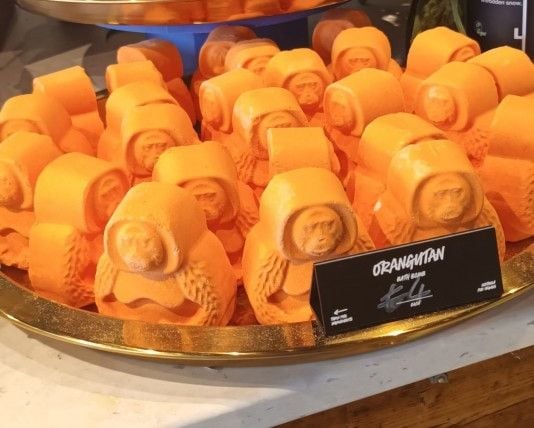
Buy an Orangutan BATH BOMB and help
Protect, rewild and regenerate West Toba Forest From £4.00
available from Lush.com
Funds raised will help protect the forest for the future, so people, orangutans and the planet can thrive.
